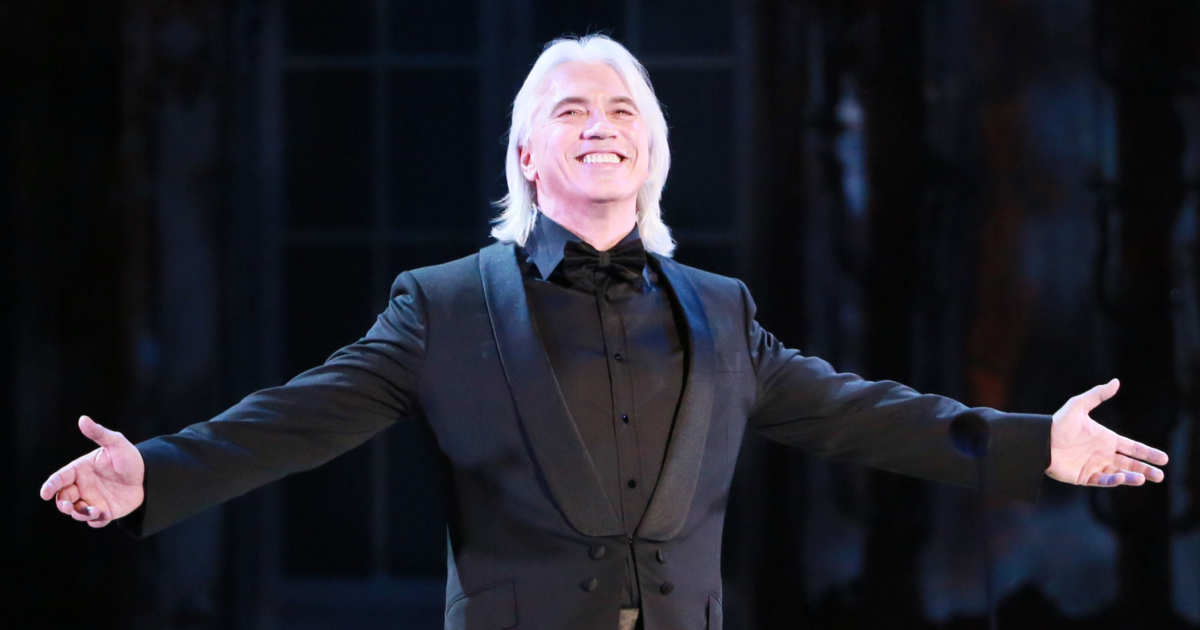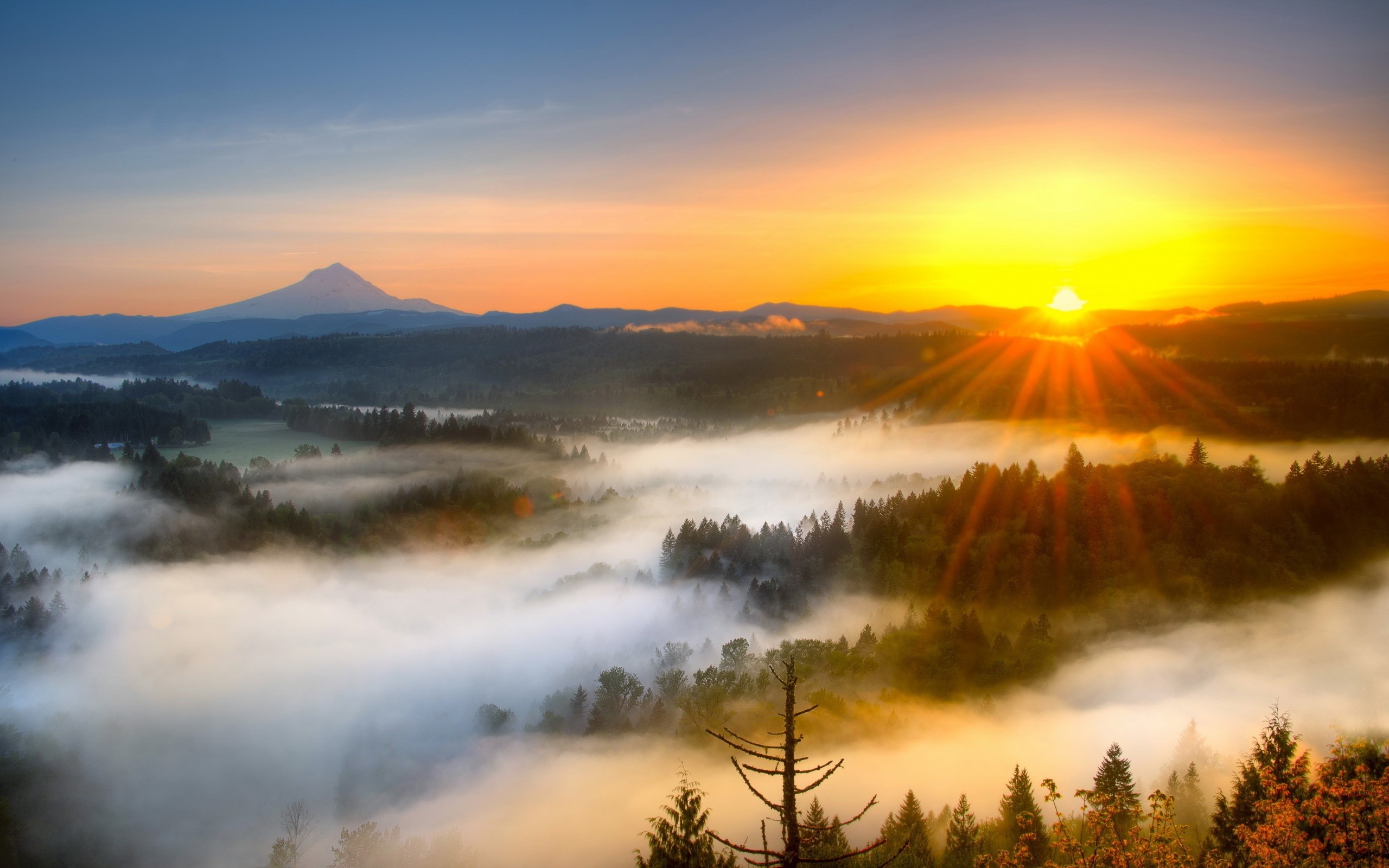Mussorgsky’s “Boris Godunov”: Two Recordings of Pimen’s Monologue
In the haunting opening measures of Dmitri Shostakovich’s Ninth String Quartet, an undulating line, emerging first in the second violin and then sliding stealthily into other inner voices, snakes forward, as if to draw us into an unfolding musical narrative. The line which wanders into Shostakovich’s String Quartet of 1964 is the same undulating figure we hear throughout Pimen’s Monologue, which opens the first act of Modest Mussorgsky’s opera, Boris Godunov, composed between …






